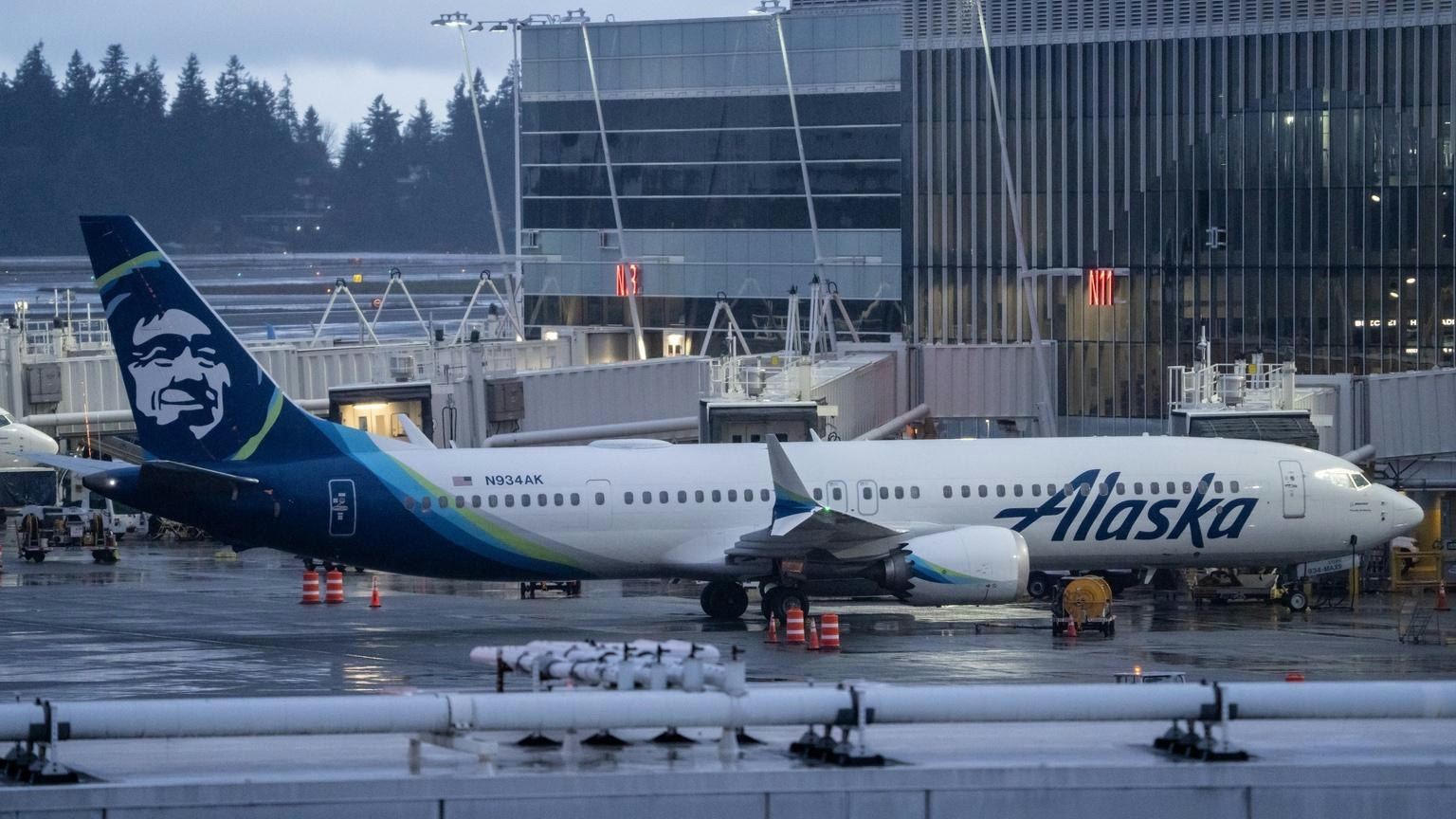
AeroGenie — あなたのインテリジェントな副操縦士。
現在のトレンド
Categories
IndiGo to Maintain Istanbul Flights After Turkish Airlines Lease Ends; Codeshare Partnership Unaffected
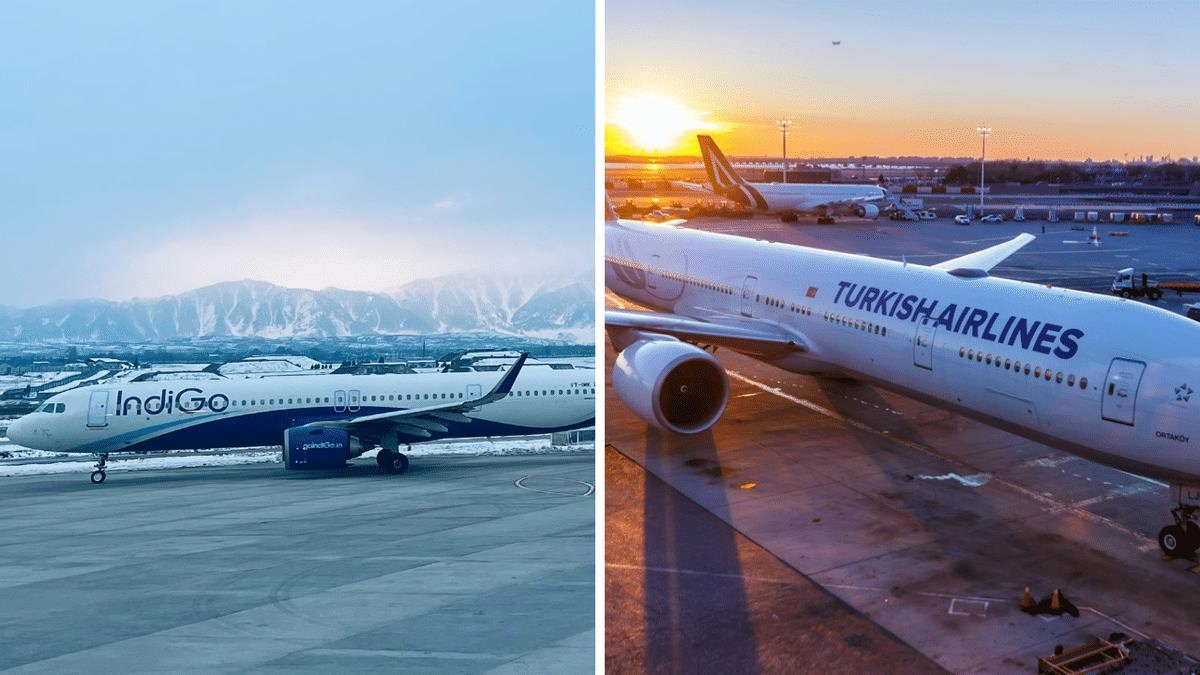
IndiGo to Continue Istanbul Operations Following Turkish Airlines Lease Termination
India’s largest carrier, IndiGo, has confirmed it will maintain its flight services to Istanbul despite the impending conclusion of its lease agreement for two Boeing 777-300ER aircraft from Turkish Airlines. The Directorate General of Civil Aviation (DGCA) recently granted a final three-month extension on the lease, which is set to expire on August 31. This development comes amid heightened diplomatic tensions between India and Turkey, particularly following Turkey’s support for Pakistan in response to India’s military actions earlier this year.
Operational Adjustments and Strategic Considerations
IndiGo’s CEO, Pieter Elbers, speaking from Amsterdam, reaffirmed the airline’s commitment to the Istanbul route, emphasizing that the airline is actively exploring alternative operational strategies to sustain the service. One option under consideration involves deploying IndiGo’s own Airbus A321 aircraft, which, although smaller than the leased Boeing 777s, are capable of servicing medium-haul international routes. This transition presents several challenges, including the need to manage operational logistics without the direct support of Turkish Airlines’ widebody fleet and to maintain the route’s financial viability amid increased competition from Turkish Airlines itself.
Industry analysts suggest that this shift may invite closer regulatory scrutiny and could impact passenger demand, especially if Turkish Airlines adjusts its route strategies or enhances service offerings to protect its market share. Despite these complexities, IndiGo remains focused on adapting to the evolving landscape while preserving its presence in a key international market.
Codeshare Partnership and Industry Challenges
Notwithstanding the termination of the aircraft lease, IndiGo’s codeshare agreement with Turkish Airlines will continue uninterrupted. Elbers highlighted the mutual benefits of the partnership, which enables both airlines to market seats on each other’s flights, thereby expanding destination options and providing passengers with seamless travel experiences under a single ticket.
Elbers also addressed ongoing supply chain difficulties affecting the aviation sector, including delays in aircraft deliveries and spare parts availability. Although conditions have improved, IndiGo continues to implement measures such as lease extensions and operational adjustments to mitigate disruptions, resulting in a gradual reduction of grounded aircraft within its fleet.
Currently operating over 400 aircraft and managing more than 2,200 daily flights, IndiGo’s determination to sustain its Istanbul service, alongside its expanding international network and new aircraft acquisitions, reflects its broader ambition to enhance its global footprint. As the airline navigates operational challenges and competitive pressures, its priority remains focused on growth and connectivity for Indian travelers.
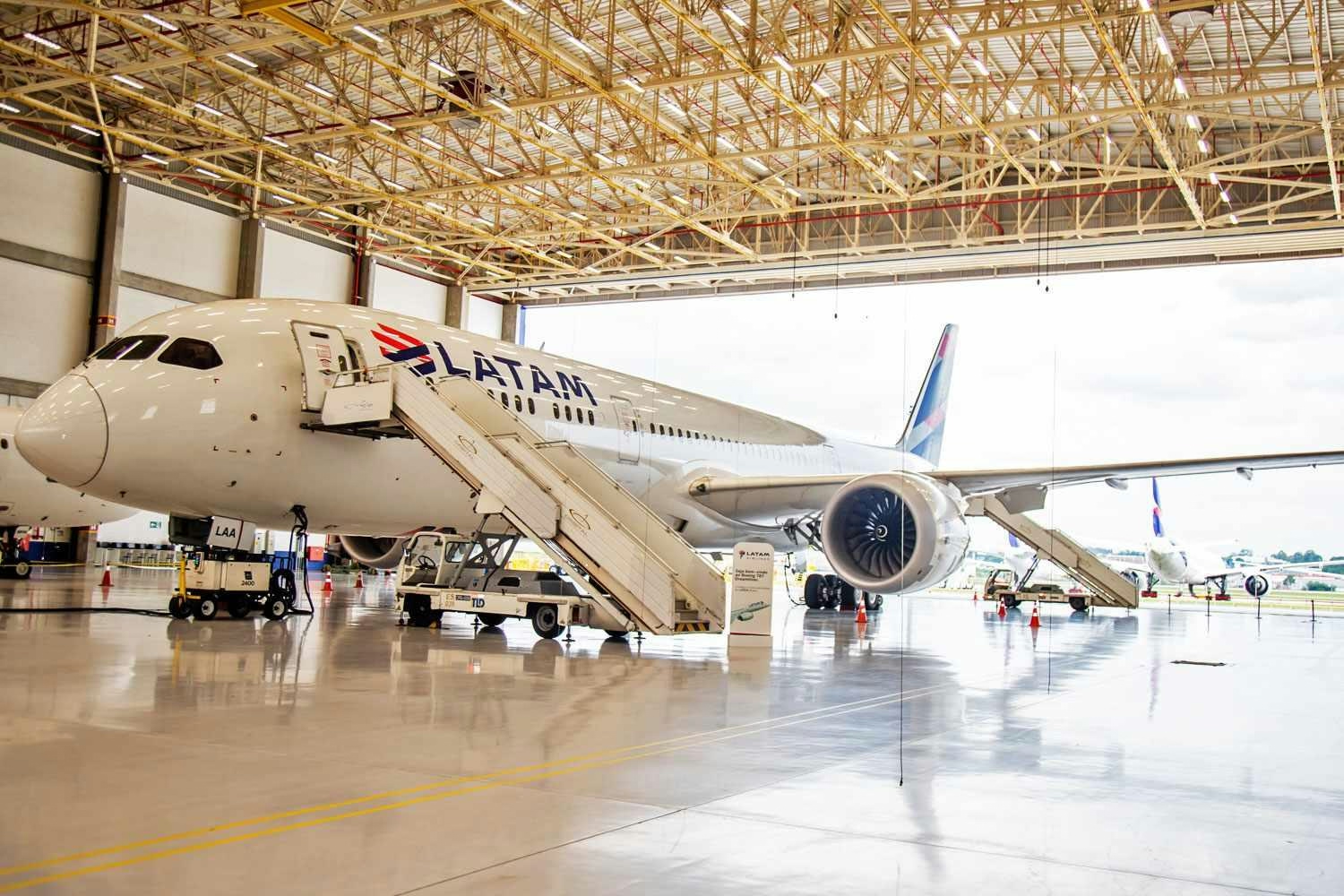
LATAM Receives First Boeing 787-9 Equipped with GEnx Engines

Dassault Aviation Reports Aircraft Deliveries, Orders, Backlog, and Sales Outlook
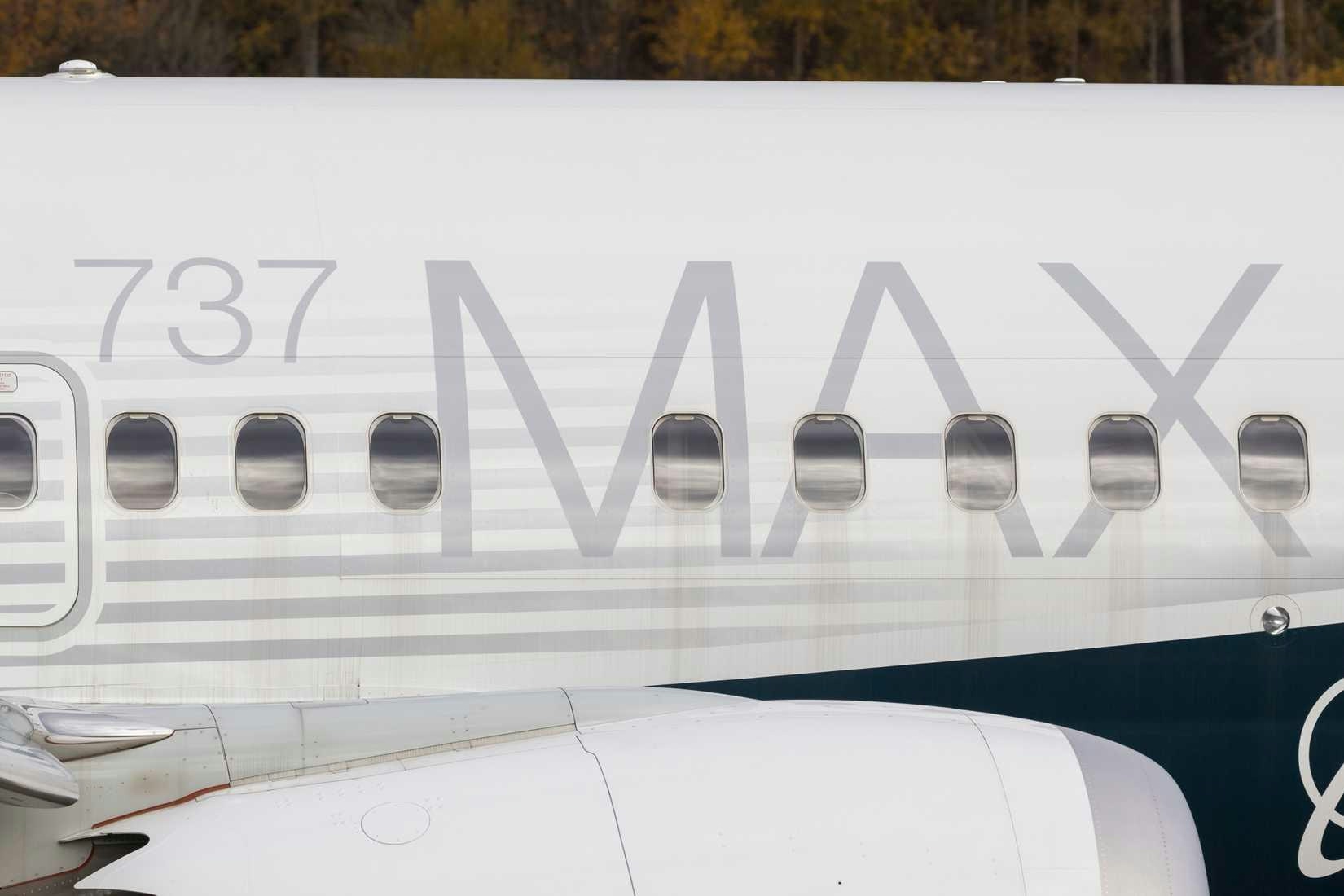
Alaska Airlines Orders 140 Boeing 737-10 and 5 Boeing 787-10 Jets

Dine Appointed Vice President of Sales at StandardAero

Porter Airlines Partners with BeauTech to Upgrade North America’s Fleet
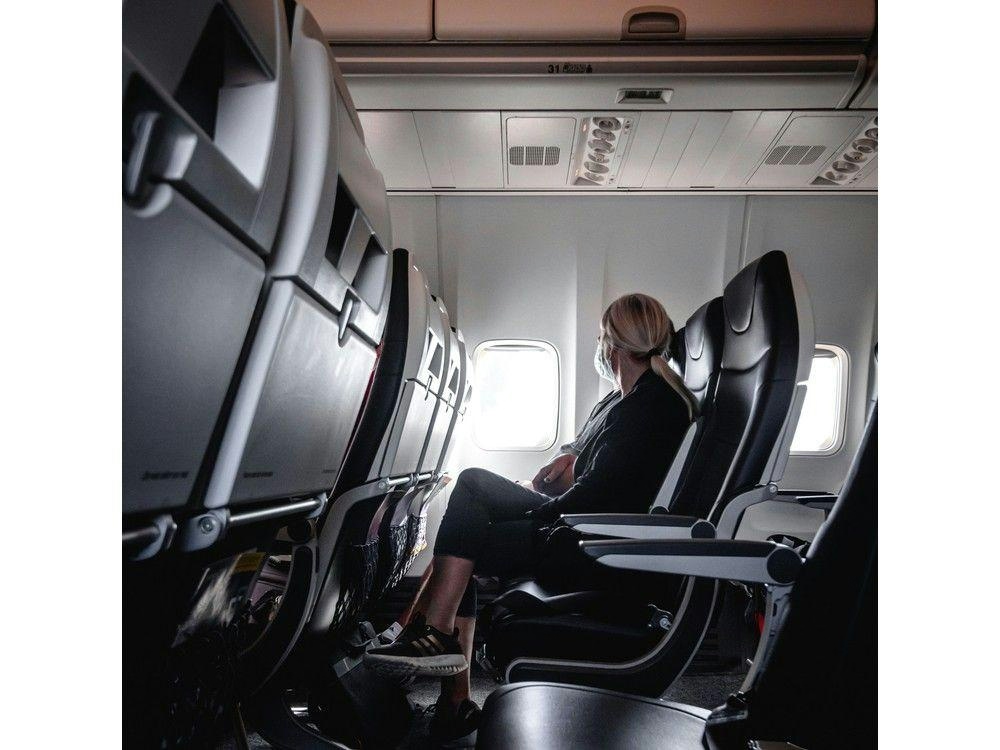
Pam Frampton on Airlines, Artificial Intelligence, and Fair Competition
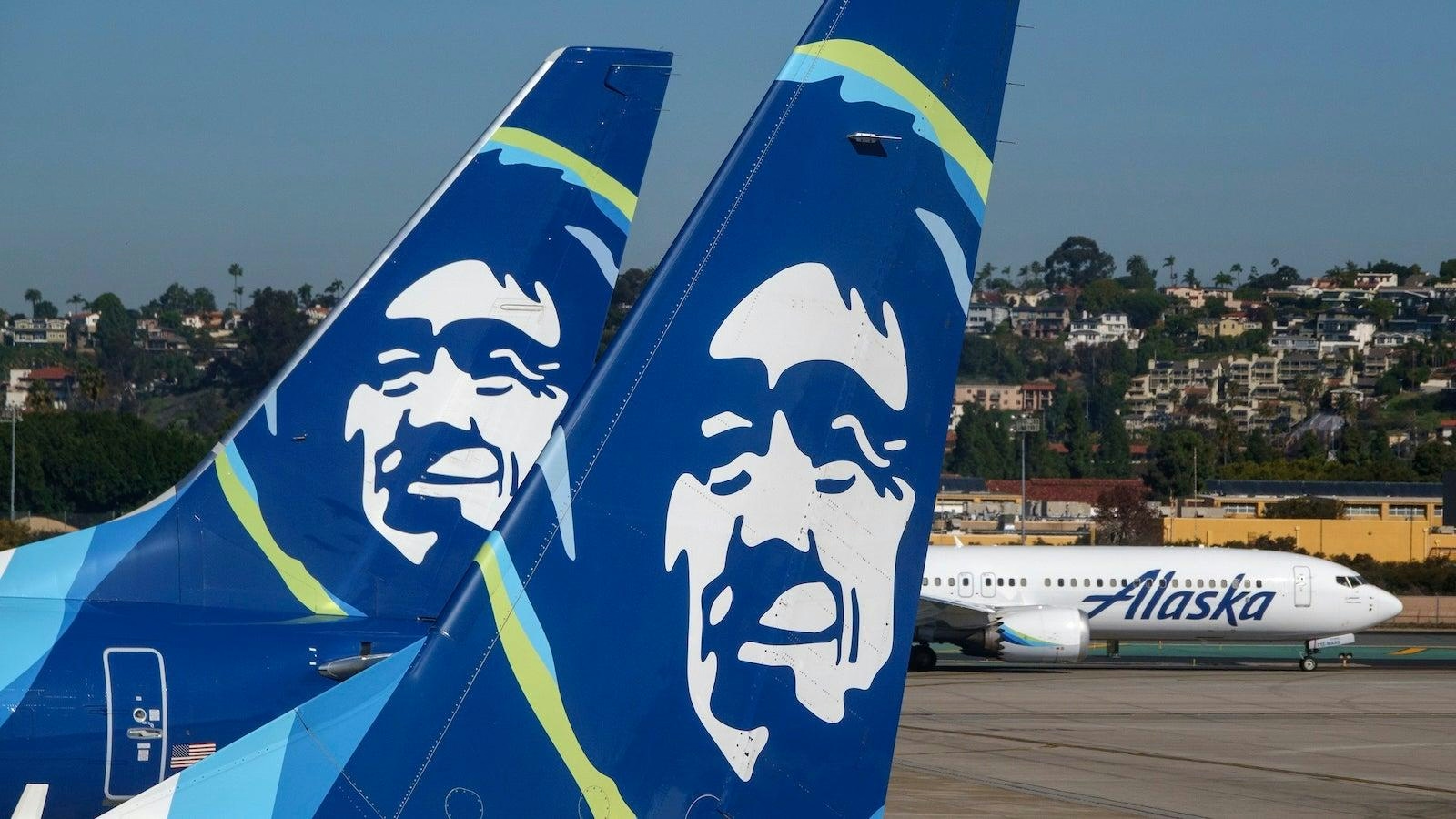
Alaska Airlines Places Largest Fleet Order in Its History

Joby to Expand Manufacturing with Second Ohio Facility Acquisition

RESIDCO Raises $100 Million to Expand Engine Acquisitions
